


The Senate ratified the law in a close vote. “Argentina has moved back centuries of respect for the supreme right to life”, evangelicals say.

In his own nation, he remains a prophet without honour. In the English-speaking world, a growing following of students, scholars and pastors are discovering Abraham Kuyper as a man of ideas still vitally relevant for the challenges facing Christians the world over today.
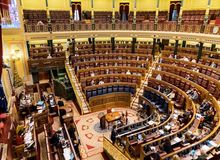
The Parliament passes the law with a majority of 198 votes. Dozens protested outside. Spain becomes the fourth European country and the sixth in the world to approve euthanasia.
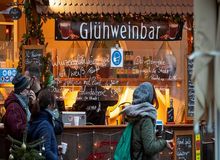
Curfews, limited capacity for Christmas meetings or travel restrictions, are some of the measures adopted by the European governments for Christmas.
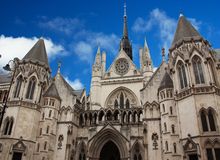
Minors 'must understand the consequences' before consent to treatment, says a landmark ruling. The country’s only gender clinic for children suspended new referrals for puberty blockers.
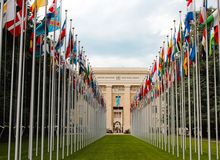
The Geneva Consensus Declaration states that “there is no international right to abortion”. The document tackles the promotion of equal rights for women and the need for universal health coverage.
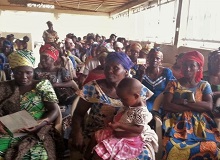
A Christian who has worked in the Democratic Republic of the Congo with an international organisation says these kind of abuses are “a common practice in countries where there is impunity, and a rape and sexual exploitation culture”.

“Trump’s advantage comes from white evangelicals (73% to 18%), while African Americans evangelicals plan to vote for Biden (69% to 19%)”, a LifeWay Research survey says.
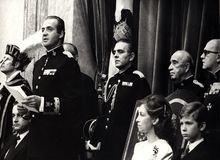
40 years after its approval, the Spanish Religious Freedom law faces various challenges, but “it is not a political priority”, evangelical leaders point out.
The Baptist pastor and missiology professor looks at how the Christian faith created a common cultural space for the peoples of Europe but also determined national identities.

Speaking to a crowd of people is something that is unnatural for everyone, and fearful for many.

A Pew Research Center survey shows that “people in emerging economies tend to be more religious and to say that belief in God is necessary to be moral”.
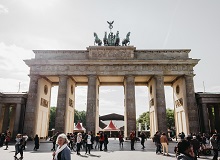
A survey shows that 57% of evangelicals often do notfreely express their opinions.
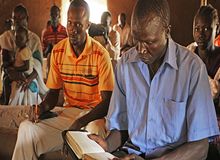
Sudanese government also bans female genital mutilation. The WEA encourages Sudan to take more measures to enshrine human rights and religious freedom.
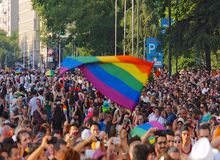
Government buildings and the Post Office supported the Pride. AEE: “We want diversity, plurality and respect in Spain. But, above all, absence of impositions and demagogic discourses about disobeying the law”.
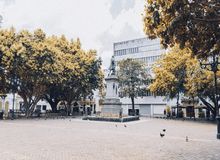
In the Dominican Republic, 200 evangelical leaders call “the business and the political sectors to put down corruption and focus on the reintegration of ethics”.
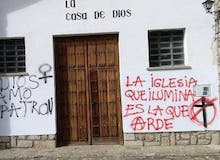
A 2019 report of the Observatory for Religious and Conscience Freedom warns that the violent attacks against places of worship have increased.

The National Council of Evangelicals of France supports “the current restrictions for reasons of public health”. “In this crisis, we keep our hope in God intact, and seek to share it”.

Kay Carter, Director of communications at Tyndale House, analyses how Christian scholars can engage with society to communicate the message of the gospel.

Christians in various countries mention the loneliness in times of confinement and the needs of the elderly, as priorities to be addressed in the coming weeks of crisis.

Christians face the challenge of acting creatively as millions enter phase of confinement. “It might shape some of the future offers of our churches”.

The alarming trends among teenagers have forced experts to raise their voice. Evangelical author Olof Edsinger: “Of course, there is a theological truth, but science really goes a long way in challenging the queer and trans ideology”.

They are cooperating with the authorities and complying with the precautionary measures of the Spanish Health Ministry.

Prevention is key but panic and fear are irrational feelings that only lead to impulse-driven decisions.

A crowdfunding campaign to rebuild the main office of the evangelical student movement has been launched. “The expressions of encouragement and care we are receiving from many are a big support”.

Las opiniones vertidas por nuestros colaboradores se realizan a nivel personal, pudiendo coincidir o no con la postura de la dirección de Protestante Digital.